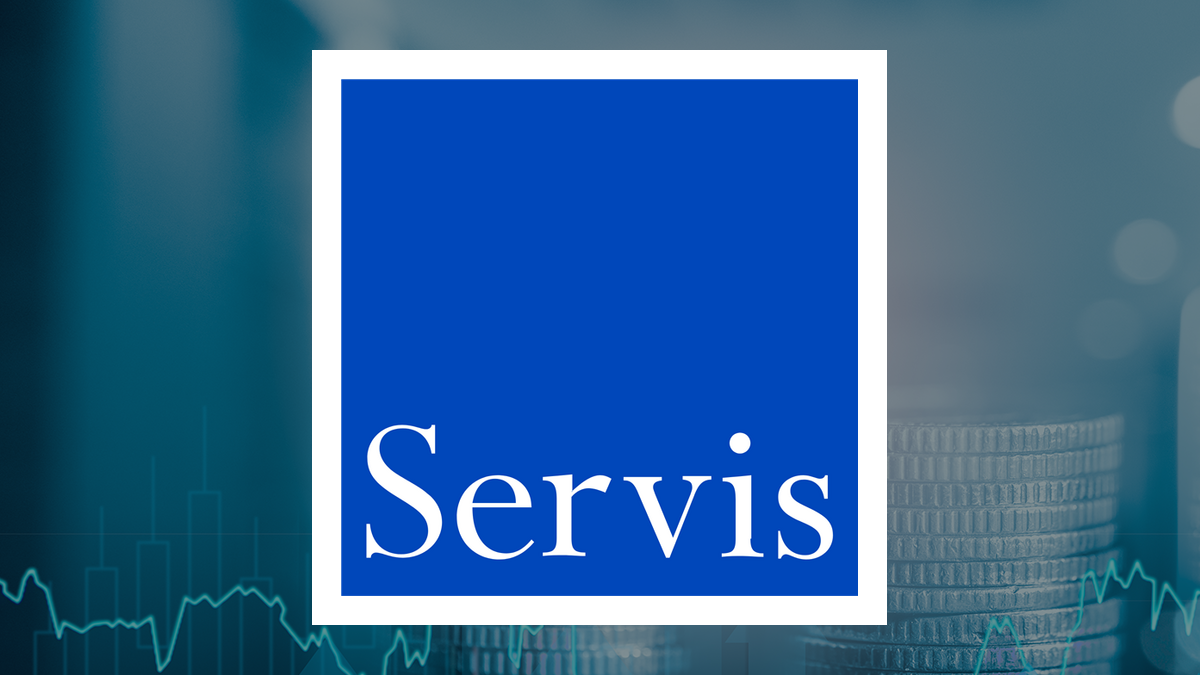Seoul is dramatically increasing its commitment to artificial intelligence-driven pharmaceutical innovation, injecting significant funding into the sector and streamlining regulatory processes. This surge in investment signals a strategic push to position South Korea as a global leader in the rapidly evolving field of AI drug discovery, a move poised to reshape the future of healthcare.
Recent government announcements detail a substantial 180 billion won (approximately $135 million USD) investment dedicated to bolstering the AI sector, with a specific focus on supporting companies transitioning to AI-driven methodologies. This funding builds upon existing initiatives and reflects a growing recognition of AI’s potential to accelerate drug development timelines and reduce associated costs. The Ministry of Science and Technology has also implemented measures to expedite the approval process for AI-developed drugs, recognizing the urgency of bringing these innovations to market.
Traditionally, drug discovery has been a lengthy and expensive process, often taking over a decade and costing billions of dollars to bring a single drug to market. AI offers a transformative solution by leveraging machine learning algorithms to analyze vast datasets, identify potential drug candidates, predict their efficacy, and optimize clinical trial designs. This not only accelerates the process but also increases the likelihood of success.
Several Korean companies are already at the forefront of this revolution. Utilizing AI, these firms are exploring novel treatments for a range of diseases, including cancer, Alzheimer’s, and infectious diseases. The government’s investment is expected to further catalyze this innovation, attracting both domestic and international talent and investment.
However, the transition isn’t without its challenges. Concerns remain regarding data privacy, algorithmic bias, and the need for robust regulatory frameworks to ensure the safety and efficacy of AI-developed drugs. The Korean government is actively addressing these concerns through the development of ethical guidelines and the implementation of rigorous testing protocols.
The recent budget adjustments, while largely positive, have also sparked debate. Some critics point to a reduction in funding for AI startup support, raising concerns about the long-term sustainability of the ecosystem. The government maintains that these adjustments are necessary to prioritize established companies capable of rapidly scaling up AI drug development efforts.
What impact will this increased investment have on global pharmaceutical competition? And how will South Korea balance innovation with ethical considerations in the age of AI-driven healthcare?
External links to authoritative sources:
The primary goal is to establish South Korea as a leading global hub for AI-driven pharmaceutical innovation, accelerating drug discovery and improving healthcare outcomes.
The South Korean government is investing 180 billion won (approximately $135 million USD) in the AI sector, with a specific focus on pharmaceutical applications.
Key challenges include ensuring data privacy, mitigating algorithmic bias, and establishing robust regulatory frameworks to guarantee the safety and efficacy of AI-developed drugs.
The government is implementing expedited review processes and developing specific guidelines tailored to the unique characteristics of AI-developed pharmaceuticals.
Korean companies are actively utilizing AI to explore novel treatments for various diseases, and the government’s investment is designed to further support and accelerate their efforts.
This strategic investment in AI drug development represents a significant step forward for South Korea’s healthcare sector. By embracing the power of artificial intelligence, the nation is poised to unlock new possibilities in pharmaceutical innovation and improve the lives of patients worldwide.
Share this article with your network to spark a conversation about the future of AI in healthcare! Join the discussion in the comments below – what other applications of AI in medicine are you most excited about?
Disclaimer: This article provides general information and should not be considered medical or financial advice. Consult with a qualified professional for personalized guidance.









